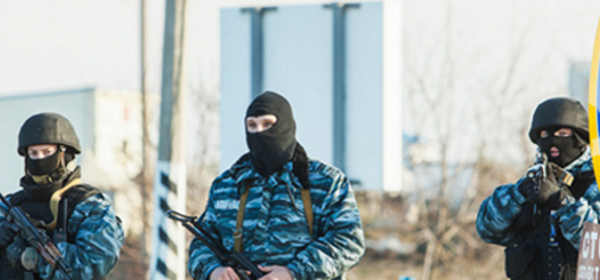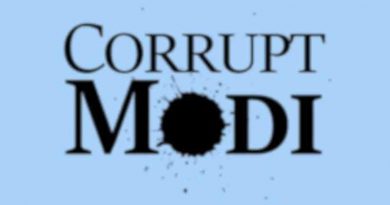Tackling Terrorism by Fighting Corruption

Transparency International (TI) participated in Munich Security Conference (Feb. 6-8) to discuss the impact of corruption on security and how it fuels terrorism.
Through more than 100 national chapters worldwide and an international secretariat in Berlin, TI works with partners in government, business and civil society to put effective measures in place to tackle corruption.
It observes that the link between corruption and instability has never been clearer. In countries where corruption is rife, problems with security and terrorism are rife.
It is visible in Iraq, Afghanistan, Ukraine and Nigeria, four of the world’s conflict hot-spots. They and other unstable states score badly on the Transparency International Corruption Perceptions Index and the Transparency International UK’s Government Defence Anti-Corruption Index.
For example, according to TI:
- Reports that segments of the Iraqi army are riddled with corruption have been cited as one reason why the army crumbled in the face of ISIS (Islamic State of Iraq and Syria).
- Widespread corruption in the Nigerian army is considered a factor in the army’s inability to halt Boko Haram, particularly in regions where soldiers are not paid in full and morale is low.
- In Ukraine reports say it’s cheaper for new recruits to bribe their way out of military service than buy the gear they need for combat, as the Ministry of Defence has inadequate supplies.
How does corruption fuel terrorism and what can be done? Here’s what TI suggests:
Recruitment and radicalisation: When disenfranchised populations see leaders amassing wealth unfairly through corruption while their governments fail to deliver services, people get angry. This frustration may make them turn to other bodies for protection, swelling the ranks of insurgent or organised crime groups. Corruption breeds inequality, which has been shown to increase violence.
Funding: Patrons may use secret companies and transfer funds illegally in order to support organised crime and terrorist groups. Al Qaeda and Hezbollah have allegedly been found to have set up two charities as fronts for their finances in South Africa, which is just one example, says TI. Nevertheless, the ability of terrorist organisations to use charities as a disguise should not be seen by banks as a pretext to impose barriers on the work of humanitarian and remittances organisations in general. Banks should always conduct an appropriate and proportionate risk assessment on an individual customer basis.
Arms: When controls on the export of arms are weak, weapons can end up in dangerous hands and fuel violence. According to Louise Shelley, executive director of Terrorism, Transnational Crime and Corruption Centre and author of a new book on terrorism, the US provided weapons to Iraqi security forces but didn’t monitor where they went, and they often ended up on the black market. Some of these weapons were trafficked to Turkey and used for terrorist attacks.
Access: Bribes can allow terrorists or criminals to cross borders, acquire visas and other official documents, and gain access to buildings.
According to TI, international involvement in defence operations that doesn’t take corruption into account can exacerbate the problem, and security assistance can make a country less secure if it isn’t accountable.
Photo courtesy: Transparency International






